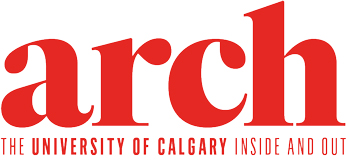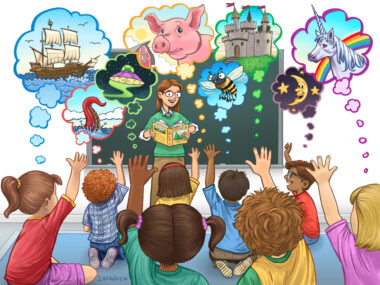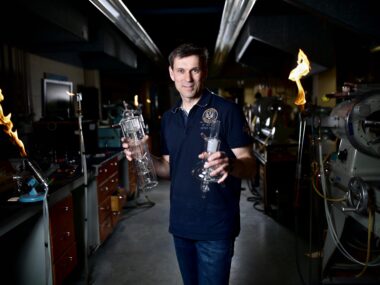Written by Jacquie Moore, BA’07
When Kate McGuire was four years old, she began to worry that she would become separated from her family and lost in the world. In the washroom at home, she’d call out to her mother, Kristina, who was in the kitchen, to make sure she wasn’t home alone. A few minutes later, Kate would frantically check in again: “Mom? Are you there?!”
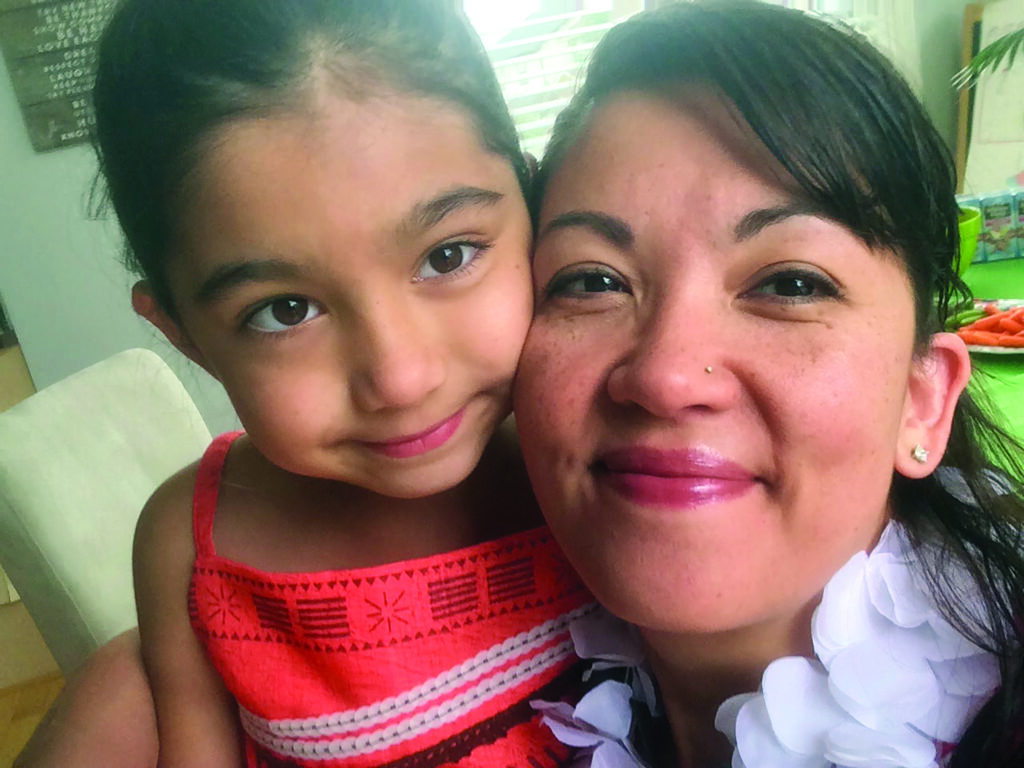
No amount of calm reassurance from her mom would temper Kate’s anxiety. Kristina attributed the worries in part to Kate’s previously diagnosed attention-deficit/hyperactivity disorder (ADHD) and, in larger part, to recent family stress around Kate’s little brother, who had been born a year earlier with a severe congenital heart defect.
“Kate went through a tough developmental time when we were in the thick of things with Sam and lived for a while at Ronald McDonald House,” says Kristina, a former neonatal intensive care nurse at the Peter Lougheed Centre. “All of that had a big impact on Kate’s psychological and mental health.” Indeed, at the age of six, Kate was admitted into the emergency room at Alberta Children’s Hospital (ACH) with suicidal thoughts.
As time went on, Kate’s list of fears grew: tornadoes, a house fire, any amount of water on her face or clothing — literally anything outside of her own bedroom was upsetting and, often, terrifying to Kate.
The family tried therapy and medication, to no avail. Kristina eventually began to suspect that Kate might have autism.
It turns out she was right, but, Kristina says, “the struggle of getting a diagnosis was pushed aside because there was so much happening in our family and there seemed to be more obvious explanations.”
Eventually, the McGuires were referred to a program that would change Kate’s life.
Facing Your Fears is an adapted cognitive behavioural therapy program geared toward youth with autism who experience clinically significant anxiety. A collaborative effort funded by community donations to the Alberta Children’s Hospital Foundation, its key research arm is headed up by Dr. Carly McMorris, BA’06, PhD, an assistant professor at the Werklund School of Education and a member of the Owerko Centre at the Alberta Children’s Hospital Research Institute as well as The Mathison Centre for Mental Health Research & Education at the Hotchkiss Brain Institute. She works alongside partners including Alberta Health Services and the Society for the Treatment of Autism to study and optimize the program.
As McMorris explains, Facing Your Fears helps children with autism who are at heightened risk of experiencing anxiety — which is often more crippling than the diagnosis itself.
“Kids with autism aren’t just ‘worried,’ they are sometimes terrified to the point that, for instance, they’d kick a hole in the wall attempting to avoid the terror of getting into a shower or speaking to a stranger,” she says.
Guided by a team of experts that includes psychologists, occupational therapists, and speech and language therapists, the 14-week program includes sessions and workbooks for both the parent and child, deep-breathing techniques, coping skills, and strategies for self-calming, as well as a reward system.
“Facing Your Fears met Kate where she was,” says Kristina.
“It’s unlike anything else we’d tried.”
The program gave Kate skills to identify and tackle her anxiety, starting with her fear of water.
“Kate’s lens is mysterious and unique to her,” says Kristina. “But Facing Your Fears opened her eyes and gave her language to express herself.”
The Azrieli Accelerator
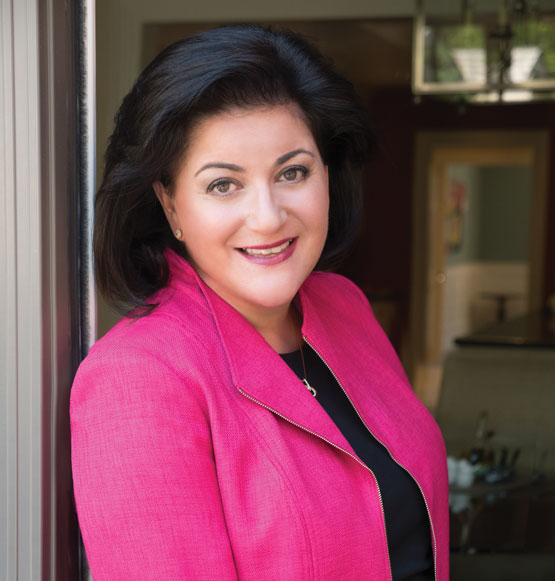
The Azrieli Accelerator will transform neurodevelopment research across the lifespan through collaborative and transdisciplinary teams committed to making a positive difference in the lives of neurodiverse people of all ages. The Azrieli Foundation’s donation will enhance collaborations across the university, in the community and throughout the global network. It builds upon the university’s more than 50-year history of advancing related research, which has been supported by transformative investments by government, community partners and generous philanthropists, including the Alberta Children’s Hospital Foundation; the Owerko, Cumming, Hotchkiss, Snyder, Mathison and Fenwick families; and many others.
“Several members of my family have neurodevelopmental conditions and that motivated us to look for ways to make a difference. We came to understand that scientific research in neurodevelopmental disabilities is particularly underfunded. The needs are great, but the potential to catalyze positive change is huge.”
Naomi Azrieli, DPhil, Chair and CEO, Azrieli Foundation Canada
